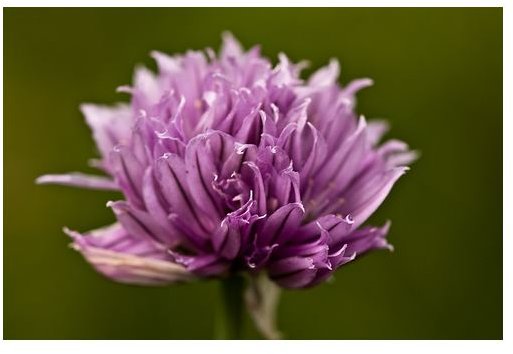Healing Herbs for Eczema: Using Herbal Treatments for Atopic Dermatitis
The Roots of Eczema
Eczema, or dermatitis, is a blanket term used to describe inflammation of the skin, which is often accompanied by itching, flaky skin, and sometimes raised bumps, which can rupture and crust. Atopic dermatitis specifically refers to eczema that affects sensitive, allergy-prone individuals.
Many people who have eczema experience symptoms within the first few years of life. As adults, the condition can be triggered by anything from stress and poor nutrition to temperature changes and exposure to allergens. For some sufferers, red patches of dry, itchy skin is a constant state of being. For others, it is an intermittent part of life. In either case using healing herbs for eczema can quell symptoms and prevent future outbreaks. Herbal treatments for atopic dermatitis are not only safe and effective, but they are beneficial for overall well-being, unlike steroid creams and other conventional treatments.
Reduce Irritation with Anti-Inflammatories
There are many herbs which are useful for reducing inflammation. They contain phytochemicals such as flavonoids, which act to help the body deal with an inflammatory reaction.
- Meadowsweet has anti-inflammatory properties. It is also a diuretic, helping to remove toxins from the body, and a hepatic, supporting the liver, which is an organ of elimination.
- Hawthorn berry contains flavonoids as well as ascorbic acid, both of which help to reduce inflammation.
- Blackthorn is also rich in flavonoids.
- Chamomile is an anti-inflammatory herb that can be taken internally, but it is also useful when applied externally as either a compress or a poultice.
- Witch hazel, which can be found in most drug stores and health food markets as a distilled liquid, can be dabbed onto affected areas with a clean cloth or cotton ball. This herb has both anti-inflammatory and astringent properties.
Soothe and Heal with Demulcents
Demulcent herbs are useful for treating eczema because they contain mucilage, which soothes and protects inflamed and irritated tissue. They leave the skin feeling soft, nourished, and moisturized rather than dry, cracked, and itchy. They are most suited for external use.
- Oats are very high in mucilage. Make a paste with dried oats and warm water and apply to skin. Add ground oats to warm bath water and soak for twenty minutes.
- Marshmallow root is very soothing as an external poultice. It combines well with comfrey.
- Comfrey has demulcent properties, and it is also a good vulnerary, speeding the healing process.
- Slippery Elm is not only soothing, but the dried roots are also rich in nutrients.
Purify with Alteratives
While anti-inflammatory herbs and demulcents are ideal herbal treatments for relieving the symptoms of atopic dermatitis, the alternative herbs are essential for correcting the state of imbalance which triggered this condition in the first place. They act to restore healthy functioning and to correct polluted states, especially a polluted bloodstream. In this way they are very useful for correcting a number of chronic conditions, not only eczema, but other skin problems as well as rheumatic conditions. Useful alteratives for eczema include:
- Red clover is a safe herb for skin problems; it is even suggested for children.
- Figwort is effective for promoting internal cleanliness. Do not use in cases of an abnormal heartbeat.
- Nettles have several beneficial properties for correcting skin conditions. It is an alternative as well as a diuretic and tonic.
- Sassafras bark is a traditional herbal remedy for eczema and psoriasis.
- Burdock root is also another powerful alternative, diuretic, and tonic. It combines well with red clover and yellow dock.
- Mountain Grape is a good tonic for skin conditions. It has a direct action on the liver and gallbladder. It combines well with burdock root and yellow dock.
- Yellow dock is a good blood cleanser, and also is beneficial for the liver.
All of these herbs should be taken internally. To make an herbal infusion, infuse one to two teaspoons of dried herb in one cup of boiling water for ten minutes. Many blend well together. Try rotating these cleansing herbs for best results. Try figwort and burdock for one day, red clover and nettles the next.
Using herbs for eczema does not work overnight. With time, drinking one to three cups daily for at least four weeks, the body will return to a state of balance and wellness.
References
Hoffmann, David. “The Complete Illustrated Holistic Herbal: A Safe and Practical Guide to Making and Using Herbal Remedies.” (Element Books, 1996).
Balch, Phyllis, CNC. “Prescription for Nutritional Healing, 4th Edition.” (The Penguin Group, 2006).
“Atopic Dermatitis.” (Medicine Net) https://www.medicinenet.com/atopic\_dermatitis/page2.htm
Photo Credit
photo by Plast Anka (CC/flickr) https://www.flickr.com/photos/plastanka/4553754464/
Disclaimer
Please read this disclaimer regarding the information contained within this article.
